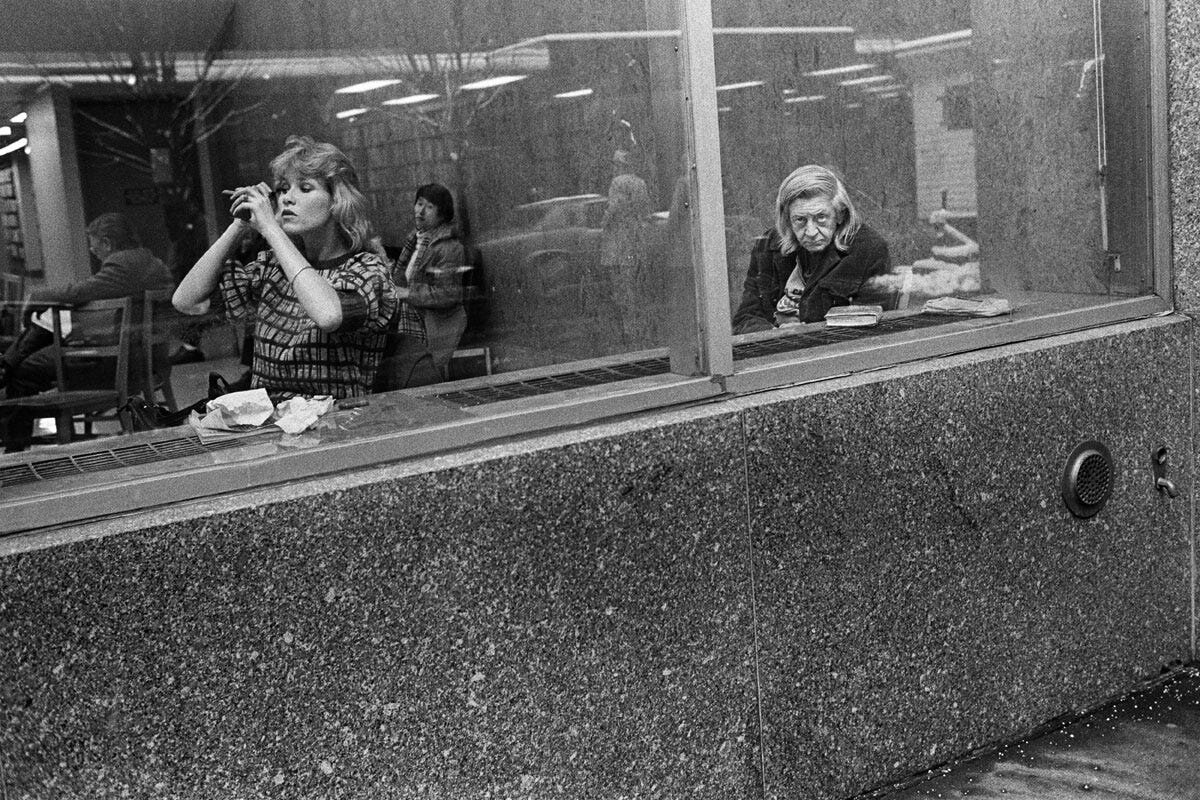Human Melancholy

We talk about transitioning. We talk about transitioning societies for a sustainable future. We talk about the emergency and absolute need for a just transition. But what exactly is it that we believe should transition?
Our current status of the planetary crisis is clear and undeniable. The way we wrestle the Earth is a shared reality and demands a drastic change in how we live. But to move 7.9 billion humans and politely ask them to change their habits, their rhythms, their everyday lives and their behaviours is an almost impossible task. There is no leader nor imposer who could make that happen fast enough before a last human breath.
We have relied on our scientific and engineering capabilities, we’ve developed amazing technological, biological and digital solutions and they work! But the inventions now stand quietly in a corner without users. Why?
There is a certain melancholic state that is embedded in the concept of being human. We are born with the infinite dilemma of pondering about who we are. Through times we’ve wondered, we’ve created religions and art. We’ve discussed and discovered. This melancholy comes with pain and could very likely be a cornerstone in the anger, the stress and in the evil human darkness through time. To avoid having to deal with the fact of not knowing, many have occupied themselves with whatever was at their hands. Over the last century that has taken enormous leaps while capitalism and consumerism has scaled, most likely the two main reasons for our current crisis in the first place. The world of consumerism has become a great personal hiding place, far away from the frightening unknowns we carry within.
Yet, this melancholy also comes with a beautiful opportunity to embrace uncertainty. And to discover how to embrace uncertainty. Melancholy is the internal voice that makes humans extraordinarily unique and curious. It is the graceful interest with which we connect to each other, but also to all things around us. The beauty in nature, the deep joy of connection or the scent of a memory. They are all part of the radiant and very serene human melancholy where we feel lonely, where we contemplate, where we feel troubled or where we grief. Could we accept these feelings and states of beings with acceptance rather than fear, we might be able to start discussing sustainability in a powerful way.
When we now stand before a climate crisis we could keep our efforts to rely on science to solve our problems, or we could take a step back and try to deeper understand why we don’t cooperate and jointly move forward. To raise awareness, to raise questions or ignite energetic care, art might be the engine we need. Art is a natural connection with melancholy and a dynamic voice where we can share vulnerable thoughts. Through time art has been a language for unknowns and fear but also for beauty and joy. There are no facts or statistics to support this idea, just a dazzling gut feeling from a melancholic state of mind.




